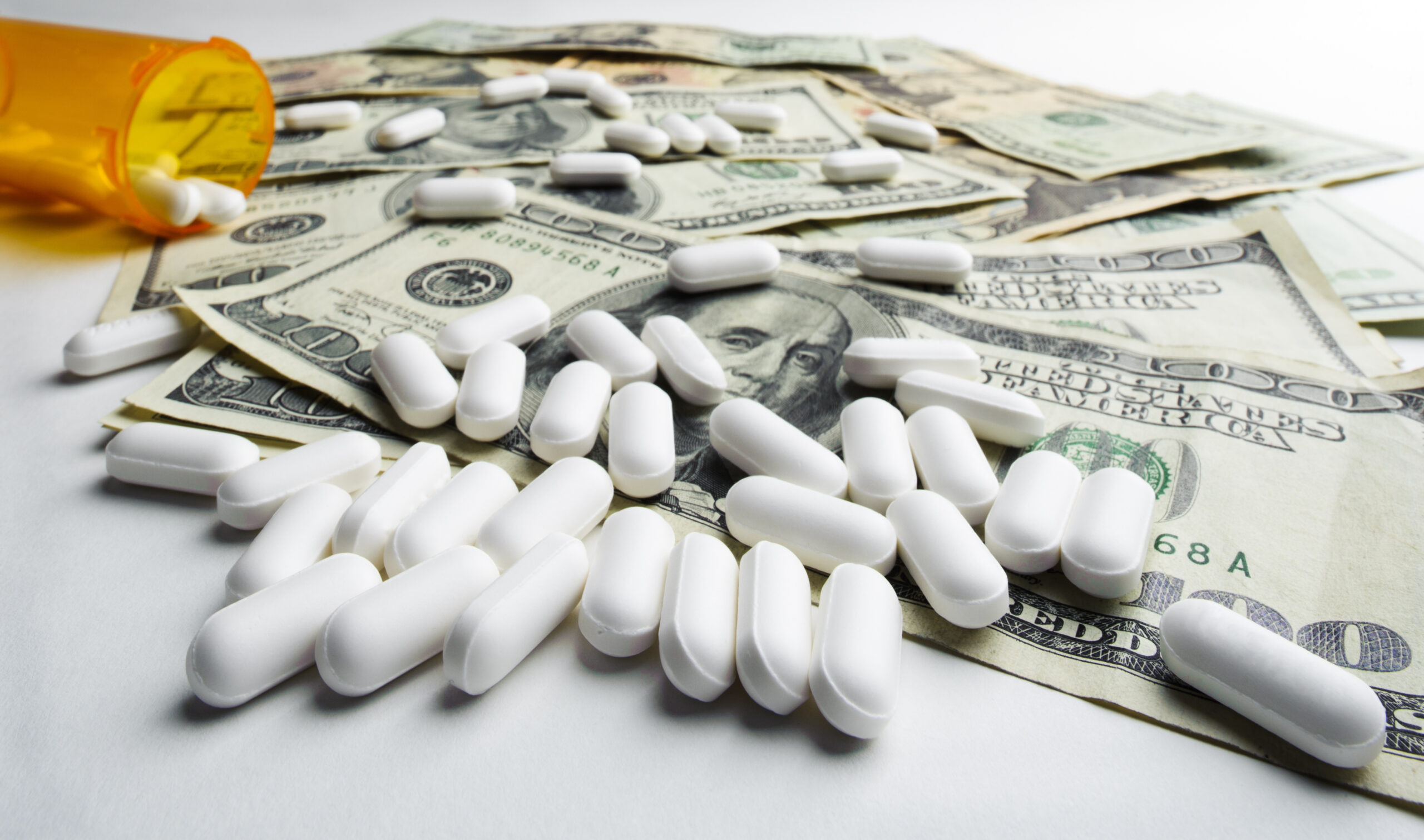© 2024 CSRXP- All Rights Reserved

BIG PHARMA WATCH: ANTI-COMPETITIVE CHARITY SCHEMES TAKE CENTER STAGE AT WAYS & MEANS HEARING
Feb 6, 2020
Testimony Highlights How Brand Name Drug Companies Use Nonprofits To Keep Prices High & Pad Their Bottom Line
Expert witnesses at a Wednesday hearing before the U.S. House of Representatives Committee on Ways & Means Subcommittee on Health highlighted how Big Pharma exploits nonprofit charities as a vehicle to boost their bottom line. Ge Bai, PhD, CPA, an Associate Professor of Accounting at Johns Hopkins Carey Business School and Juliana Keeping a patient advocate and mother to a child with Cystic Fibrosis, explained how Big Pharma uses the cloak of generosity to undermine competition and boost their profits.
Ge Bai, PHD, CPA, Associate Professor Of Accounting, Johns Hopkins Carey Business School: “My testimony today covers three issues. Number one, drug manufacturers donating cash to patient assistance programs. Number two, drug manufacturers donating cash to patient advocacy organizations. Number three, drug manufacturers giving free drug samples to clinicians. The three issues share one thing in common: that is drug manufacturers transfer resources to an independent entity. The independent entity use the resource to give patients coverage of drugs that are made by the manufacturers or advocate for policies that will benefit the manufacturers. These actions lead to market distortions, price increases and the inefficient drug spending, but benefit the bottom lines of the drug manufacturers … These programs are called in appearance ‘assistance programs’ but if we think about the kickback concern, it’s really a mechanism designed to bring money to drug companies. There are studies showing that if you invest $10 to support these programs, you are expected to get between $6 and $30 return. If we think from the investment perspective, that’s a very lucrative strategy.”
Juliana Keeping, Patient Advocate, Mother To A Child With Cystic Fibrosis: “Most uninsured Americans are systematically rejected. Ninety-seven percent of these so-called charity programs refuse to help people without insurance. You see, a drug company will gladly cover my $4,000 deductible if my insurance company will pay $300,000 for my son’s drug. It’s a great investment if you are a drug manufacturer. Research shows that for every $1 million drug manufacturers donate to assistance charities, they make up to $21 million in sales. These programs actually reward companies for increasing drug prices … As a result of the rigged system, drug prices keep rising and the costs are being passed along to all of us. Luckily it doesn’t have to be this way. To fix the problem, Congress must address the heart of the issue. Drug prices are astronomically high and relentlessly rising. The solution is not more patient assistance to cover higher and higher drug prices. The solution is to lower drug prices.”
Recently, Bloomberg Government reports that six of the industry’s top brand name drug manufacturers “funneled more than $680 million into hundreds of nonprofits last year, including many now campaigning against federal legislation to tackle the rising cost of medicine.” These “donations,” are nearly 25 times more than the industry’s lobbying arm spent the same year to directly influence Congress. By instead funneling money to non-profits, Big Pharma is able to circumvent traditional lobbying reporting laws and can boost their credibility by hiding behind patient groups.
And in August, The Economist dug into the inner workings of Big Pharma-backed charities, revealing that drug companies make billions off of this scheme:
“The impact of these charities is large and growing. Most of them are less than 15 years old. In 2001 just five drugmakers operated charities, spending a total of $370m. That had risen 20-fold, to $7.4bn, by 2016. According to Ronny Gal, an analyst at Berstein, a research firm, the co-payment on the price of a drug is usually just 10% of the cost the pharmaceutical company ultimately charges to the insurance provider. This would mean that $7.4bn, if it were all spent on co-payments, could earn drugmakers $74bn in revenues – which would account for nearly a quarter of total drug spending in America.”
And there’s another way these charities help boost profits – through tax deductions.
“Using co-pay charities to support high prices is good for business, but charitable contributions foster healthy profits in another way, too: they are tax-deductible. The corporate tax codes of most countries allow companies to deduct the cost of any charitable giving from pre-tax profits. But in America the system is more generous, says Jason Factor, a tax lawyer at Cleary Gottlieb Steen and Hamilton. Companies that give products for the benefit of the ‘needy or ill’ can deduct up to twice the cost of donated goods. How convenient!”
This is just one of a litany of examples of the anti-competitive tactics Big Pharma employs to keep drug prices high and boost their bottom line.
Washington simply must act to crack down on brand name drug companies’ egregious pricing practices that increase costs across the entire health care system.
See CSRxP’s infographic detailing solutions to hold Big Pharma accountable with significant bipartisan momentum in Congress HERE.
Read more on bipartisan, market-based solutions to hold Big Pharma accountable HERE.
###
